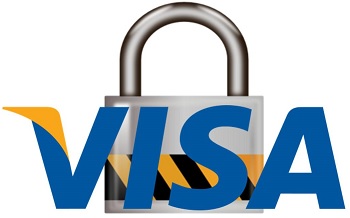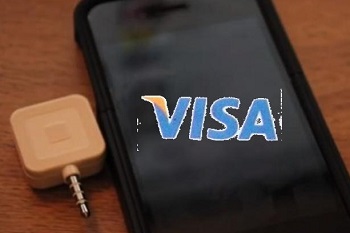Visa Europe will be expanding its innovative tokenization service to support cloud-based transactions
Visa Europe is expanding its tokenization service to support cloud-based transactions coming from the mobile payments platforms that banks are using. The organization is responding to growing demand for payment support for mobile devices throughout Europe. Many consumers are beginning to rely on their mobile devices to shop online and in physical stores, which they consider to be more convenient than conventional forms of commerce. They also want to ensure that the services they are using are secure, which is where tokenization comes into play.
Tokenization has helped consumers become more comfortable with the concept of mobile commerce
Tokenization allows mobile payments to be made securely. Through a typical payment system, financial information is transferred digitally, allowing consumers to make payments online. Tokenization replaces this information with digital tokens, which can be used to authenticate transactions. These tokens are unique for every transaction, ensuring that consumer information is kept safe. Visa has become a pioneer in tokenization, which has helped consumers become more confident in the security of mobile commerce.
Half of all Visa transactions expected to come from mobile devices by 2020
 The expansion of the Visa Europe Payment Tokenization Service will allow banks and other organizations to take advantage of tokenization. By 2020, Visa Europe predicts that one in five consumers will pay for products using their smartphones and other devices on a daily basis. Mobile will account for 50% of all Visa transactions made by that time, which has highlighted the need for secure services. Security is a top priority for banks, especially as consumers become more mobile-centric.
The expansion of the Visa Europe Payment Tokenization Service will allow banks and other organizations to take advantage of tokenization. By 2020, Visa Europe predicts that one in five consumers will pay for products using their smartphones and other devices on a daily basis. Mobile will account for 50% of all Visa transactions made by that time, which has highlighted the need for secure services. Security is a top priority for banks, especially as consumers become more mobile-centric.
Embracing tokenization could allow retailers to find more success in mobile shopping
Visa Europe’s tokenization system will allow more merchants to enter into the mobile payments ecosystem. This is good news for retailers, as they can find major success by engaging mobile consumers. If they can provide secure services, they will have a better chance of connecting with consumers and providing them with an enjoyable and safe shopping experience. Visa has managed to improve the mobile commerce space significantly through its tokenization service, which has been praised by retailers and financial institutions.

 The company’s IPO was back in November, at $9 per share. During the first day of trading, it saw a rise of 45 percent. However, since that time, it has been gradually slipping downward.
The company’s IPO was back in November, at $9 per share. During the first day of trading, it saw a rise of 45 percent. However, since that time, it has been gradually slipping downward.